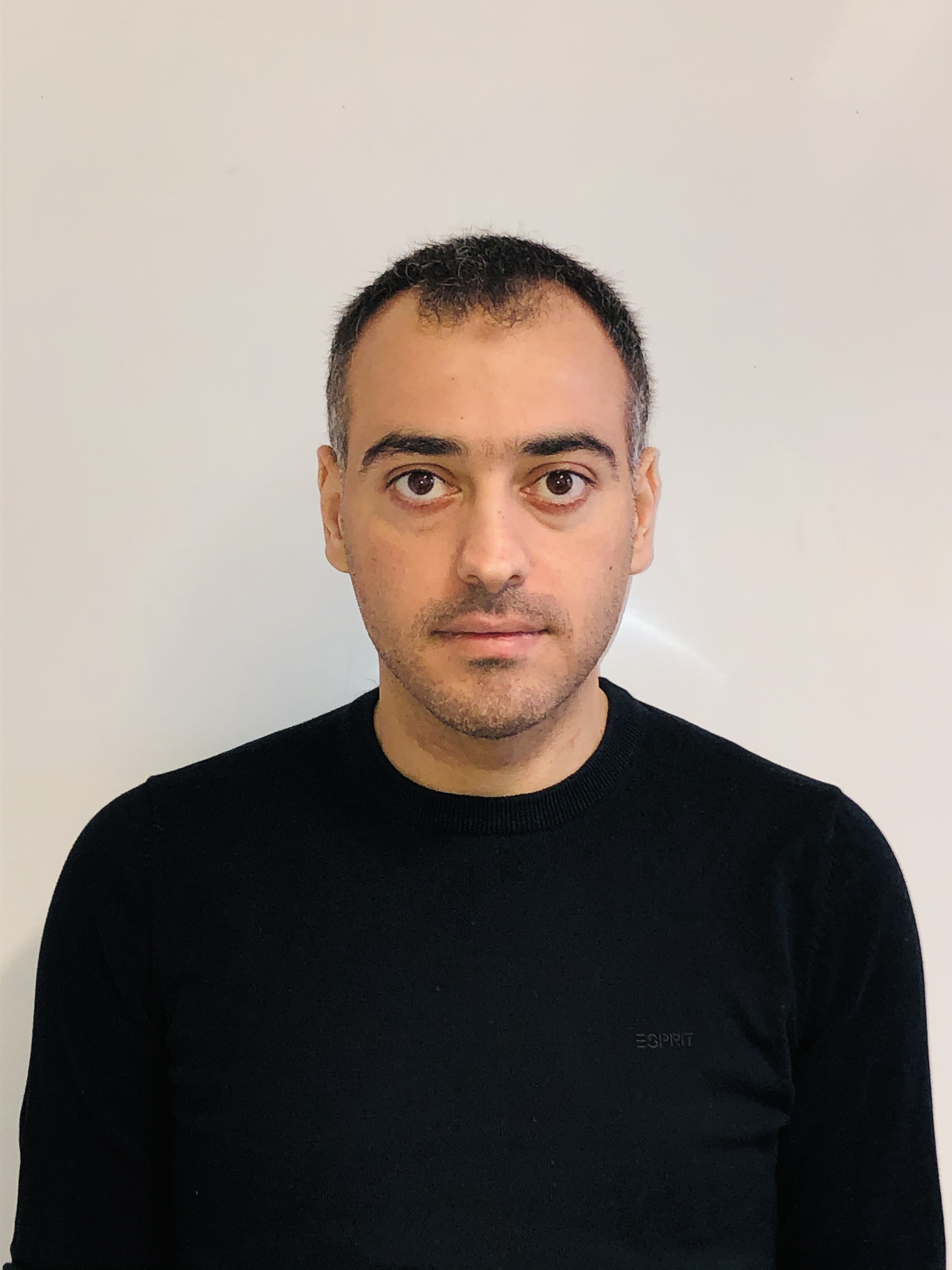
Funding Spotlight
In the period (2021-2025), Dr. Yehia Abd Alrahman has received funding for two prestigious research grants from the Swedish Research Council, with 8.1 million SEK (approx. 850,000 USD) total budget. The purpose of the research grants is to lay the foundational basis of correct-by-design techniques for Multi-Agent-Systems.
The Swedish Research Council is Sweden’s largest governmental research funding body and supports research of the highest quality in all scientific fields.
Grant agreement ID: 2025-05071
Overall budget: SEK 4,100,000
Duration: 2026-2030
SynTM is a Starting Grant from the Swedish Resarch Council. VR Starting Grants are very competitive with 14% success rate for Year 2020. The aim of the grant is to give junior researchers the opportunity to establish themselves as independent researchers in Sweden. The grant is awarded for the project "SynTM: Synthesis of Teamwork Multi-Agent Systems". The purpose of SYNTM is to develop a foundational framework that will enable the automatic production of correct Teamwork MAS from high-level descriptions of desired behaviour. The findings of SYNTM will comprise a significant development of current theories, that are still unable to handle this class of systems.
Grant agreement ID: 2020-03401
Overall budget: SEK 4,000,000
Duration: 2021-2025
Open Positions
I am hiring a Phd student on the S²MAS grant to work on synthesis of spatial multi-agent systems Apply Here (deadline 29 January 2026)
Research Theme
The purpose of my research is to provide formally verified solutions that enable the automatic production of “correct-by-design” collaborative Multi-robot systems (or generally Teamwork Multi-Agent Systems) from high-level descriptions of desired behaviour. The term Teamwork synthesis is concerned of designing computational systems, consisting of a set of collaborative intelligent agents that interact in a functional way and behave as if they were a single capable agent, pursing a set of sophisticated goals. Teamwork is not only interesting because of workload sharing, but also because the capabilities of a team exceed the ones of an individual. This has a potential to solve complex problems by breaking them down on simple collaborative agents. My research provides support to the strategic area of autonomous systems and the thematic area of control and decision making. These areas are of interest for at least two research groups within CSE, namely Formal Methods and Concurrency and Control. Moreover, there is a rising interest in combining AI with verification techniques, termed as Symbolic AI. Developing correct-by-design Teamwork MAS requires substantial efforts, and is a long-term research plan. Such research requires unique competences in Concurrency, Multi-Agent theories, and Control Synthesis.
News
The Principal investigator
 Dr. Abd Alrahman is the Principal Investigator of two research projects
at the University of Gothenburg.
He investigates a practical reformulation of the distributed synthesis problem
, named Teamwork Synthesis. It differs from the current one (Initially
introduced by Pnueli and Rosner in 1990) in that it is solvable,
i.e., it bypasses the undecidability result of the original one by eliminating
the need to fix the interaction architecture among agents.
An algorithm will suggest the required interactions to enable
distributed realizability. This is in line with the mobility
of teamwork MAS where fixing interactions among agents is not feasible.
Thus, He aims to generally unlock the
automatic production of correct-by-design collaborative
multi-robot systems for the first time.
More Specifically, his research focuses on the following objectives:
Dr. Abd Alrahman is the Principal Investigator of two research projects
at the University of Gothenburg.
He investigates a practical reformulation of the distributed synthesis problem
, named Teamwork Synthesis. It differs from the current one (Initially
introduced by Pnueli and Rosner in 1990) in that it is solvable,
i.e., it bypasses the undecidability result of the original one by eliminating
the need to fix the interaction architecture among agents.
An algorithm will suggest the required interactions to enable
distributed realizability. This is in line with the mobility
of teamwork MAS where fixing interactions among agents is not feasible.
Thus, He aims to generally unlock the
automatic production of correct-by-design collaborative
multi-robot systems for the first time.
More Specifically, his research focuses on the following objectives:
- Consider a refined representation of the Environment to refer both to the execution context and to the interactions within the team. Thus, the environment is not merely an external entity, but rather is intertwined with the anatomy of the team;
- to develop a novel specification temporal logic that generalizes the notion of Reactivity to require reacting to both inputs induced by the context and the interaction ;
- Study compositional analysis of multiplayer games by a reduction to two-player partial information ones.
Current Phd students
Current Postdoc and Research Assistants
Current collaborators
- Prof. Nir Piterman (Sweden)
- Prof. Sebastian Uchitel (United Kingdom)
- Prof. Victor Braberman (Argentina)
- Dr Shaun Azzopardi (Sweden)
- Dr Mauricio Martel (Sweden)
Former collaborators
- Prof. Rocco De Nicola (Italy)
- Prof. Alberto Lluch Lafuente (Denmark)
- Dr Hugo Torres Vieira (Portugal)
- Dr Giuseppe Perelli (Italy)
Publications